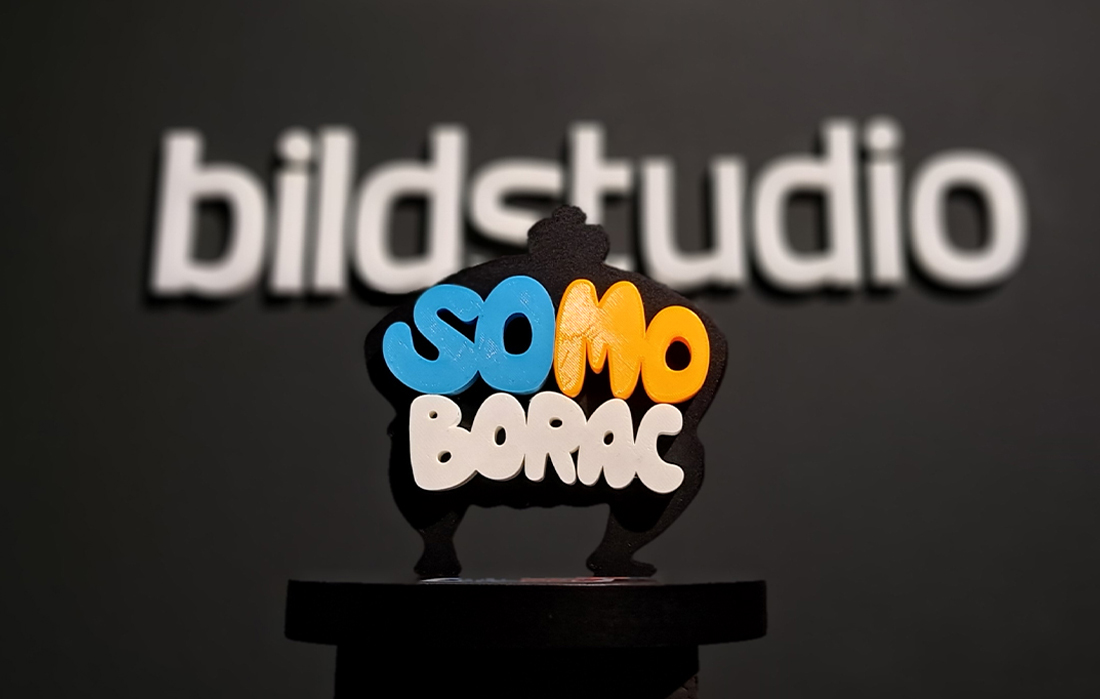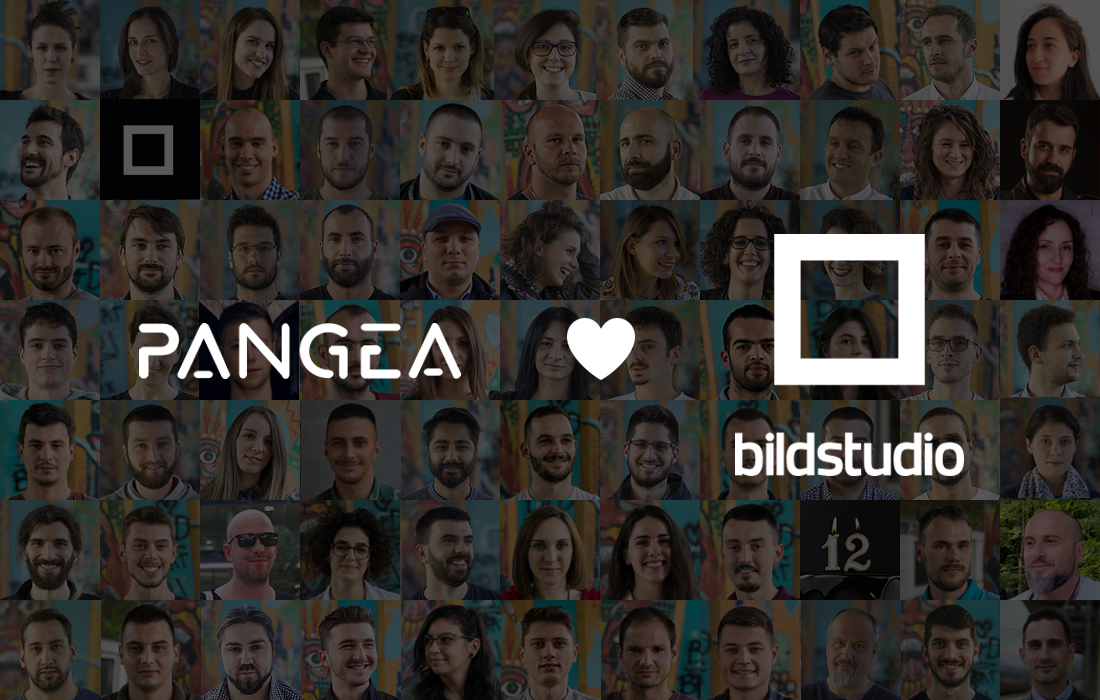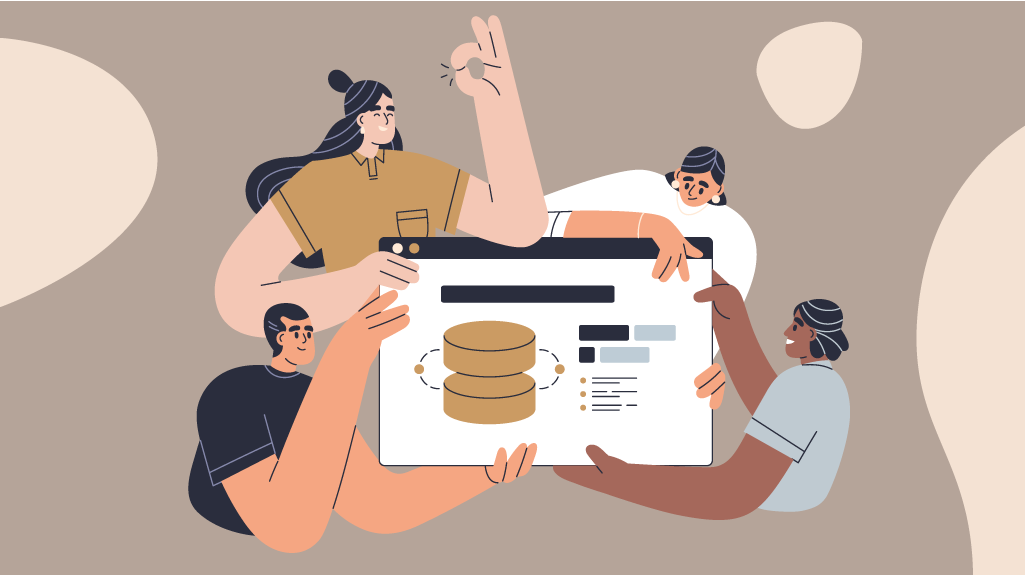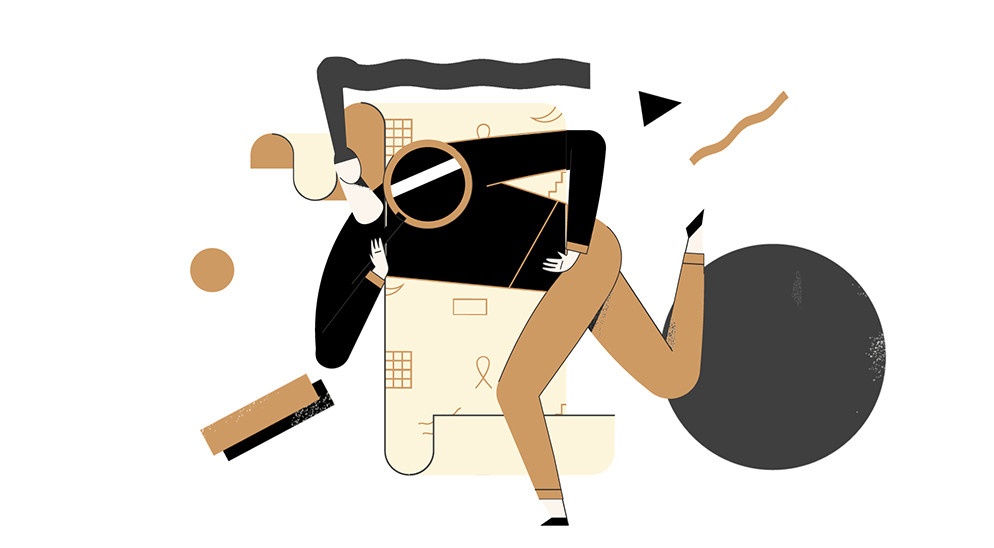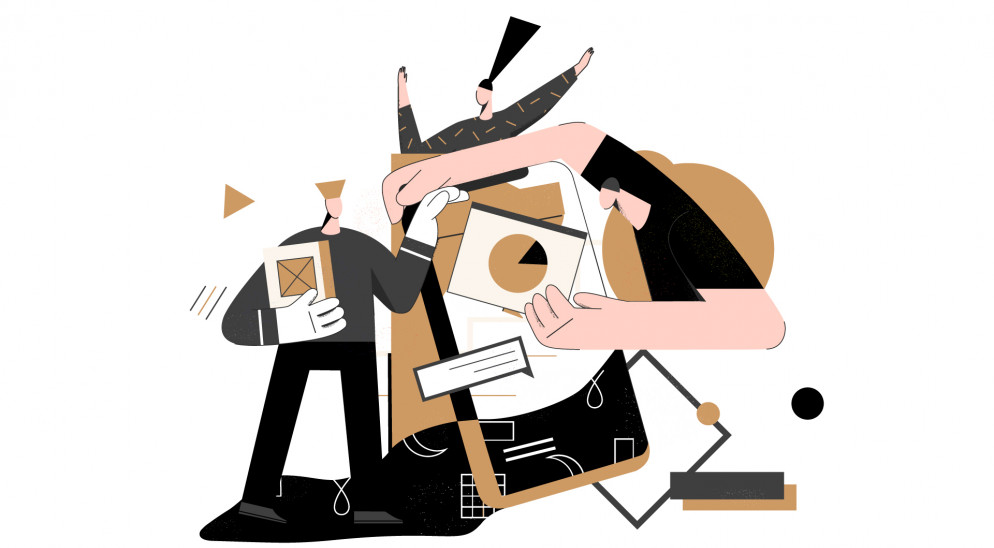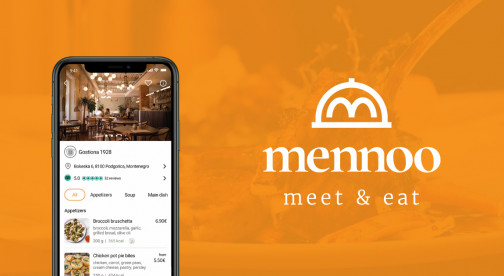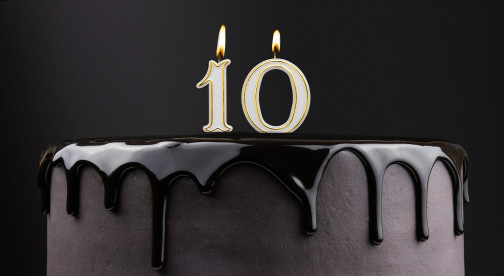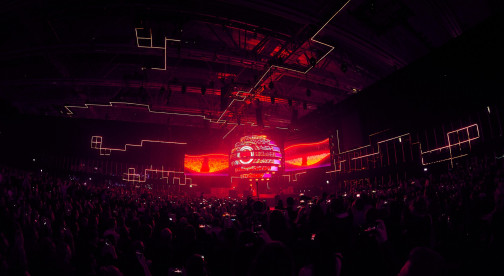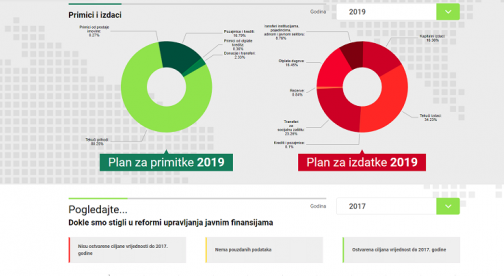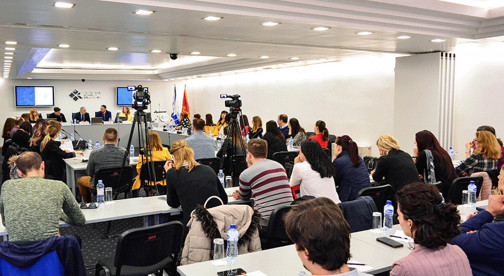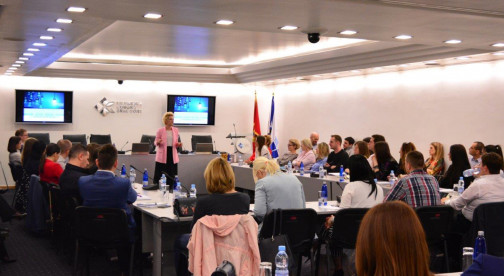
What if I told you that the digital revolution is rooted deeply into our everyday lives, so much so, that if someone dared to take away our phones, we’d become anxious, our palms would sweat and our voices would quiver. Or at least that was what “Blaze the trail” keynote from the “Spark.me” conference said.
The role of the ice breaker was awarded to Peter Shankman, whom the New York Times called “the rock star who knows everything about social networks,” although he asked us to call him Lord of the Skies.
Peter talked about the importance of audience power. “Having an audience is not a right, but a privilege” – we all publish something nowadays, but how much any of it makes sense, and whether we actually receive the attention of the online followers is nearly impossible to tell. However, should you wish to remain authentic, here’s a tip: ‘Brand everything you do!”
The American rock’n’roll was followed by British punk, with a touch of irony and seriousness. Jason Miller – Director of Brand Marketing for the EMEA Region at Microsoft, entered the stage with a daring question ‘Will the machine replace people?’
Combining artificial intelligence and human creativity surely sounds interesting. Nonetheless, the fact that by 2020 we will talk more with bots, but with spouses, caught us unprepared.

After the coffee break, Cate Murden appeared on the Spark.me scene.
It turned out that Cate Murden got tired of journalism and took another turn in her career path. Today she is the one advising the rich how to treat their employees. ‘Cause here’s the thing. If the employee is satisfied, he is useful, and that brings us to – profit.’
Profit – the main topic of interest that gathered us all at the beautiful Army hall in Tivat.
Cate proposes 4 tactics: 4 A’s – avoid, accept, alter and adapt. Do what you really like, plan ahead, work at intervals, make shorter breaks, turn off notifications and get involved in what you do.
The talk about business development.

Julius Dein championed in blasting through the online community with pure persistence and a gift and showed it. Although, I still don’t understand how he managed to pull out a bowling ball from a notebook. What followed then was Sam Conniff Allende’s show. A great fella’, if you ask me. I kid you not, he was so inspiring that the sparks were flying, all because he said that we have to be the pirates of the modern age. Sure, he did it in a manner that, most likely, will cost him big fat law-suits due to the copyrights.
The honour to close the first day had Anab Jane, which combines design, film and technology to inspire people to look critically on the world. She presented her ideas, works and visions in the largest museums in the world, and her message is that the world consists of a story, not from atoms. She inspired me to start breaking the atoms I gained through classical education, to think about creating a story in the future, and I wondered how I can contribute as an individual to making the world a better place to live.
The first day of Spark’s left me confused, questioned and a little bit of crazy. Was Aldous Huxley really predict the future or would some people still turn technology in favour of humanity?
The second day showed that the cocktails from the night before were awesome. But, Jeremiah Owyang made sure that even the sleepy ones stayed awake since every word that came from his mouth for IT guys felt as holy as the Bible is to the Christians. Two of his keynotes stated that everything will be automatised, and the “war” between the USA and China has already begun.
After Jeremiah, it was time for a “pink view of the world”, by Brian Franz, who proved his point of view with stance and style. #ThinkLikeFan is a philosophy that anyone who works in online advertising should adapt.

After optimism and adrenaline left the stage, critical and ironic tone of Tom Goodwin followed. I will agree with him on the following: “The world is not faster than ever, it’s just messier.”
And what is the most important thing in the world? Well, to think like a kid and to play like one. Lars Silberbauer knows this very well and proved it. He took “Lego” so high up on an online ladder in a short time, that he forgot how to smile. It was Andrew Keen’s turn to close this year’s “Spark”. The man is a living anti-hero. He was so convinced that the digital revolution went so wrong, that the guy next to me wanted to fight him on this. He was unharmed but got a few boos along the way.
From Australia, we had Brooke Saward, a travel blogger, who gave us a new perspective on how she and people like her fight the prejudice. For example, she thinks of Pakistan as of a wonderful country, while a big part of West associates it with radical Islam and nuclear warheads. For the and of the Spark, left Andrew Kin- antihero prototype.
So, that’s the long story short.
At last, what good actually came out of this year’s “Spark”? Well, high blood sugar among other things. That’s due to free soft drinks organisers provided, energy ones especially. Bottom line is: don’t drink from colourful cans. Jokes aside, as much as I thought that I’ll be bored because I don’t like long speeches, I’ll use the cliche as the closing line: “Spark” left a good impression on me. Immense work done by the organisers and great speakers simply had to trigger something. Whether that something was about your own business, the future, present, or the intimate feelings each of us nurture.

